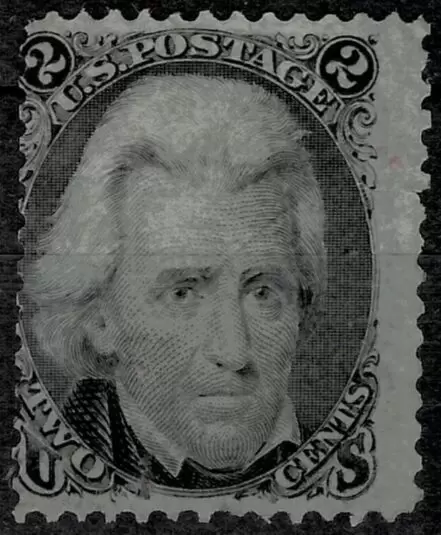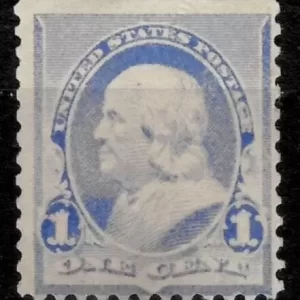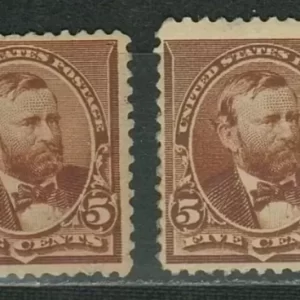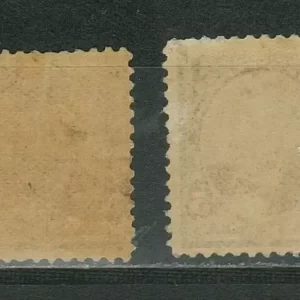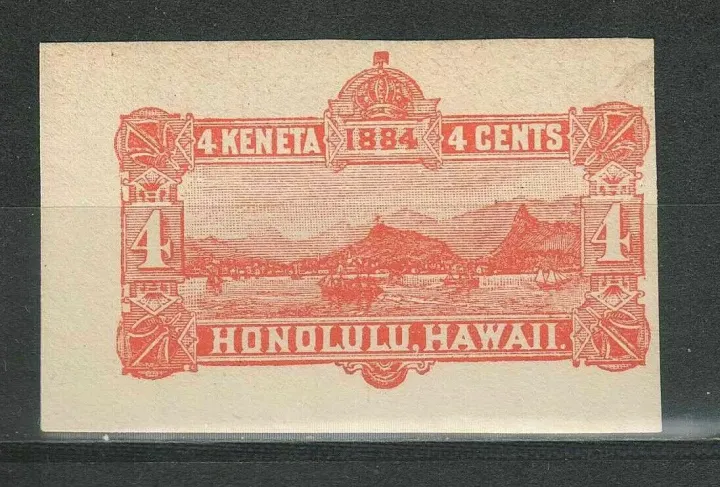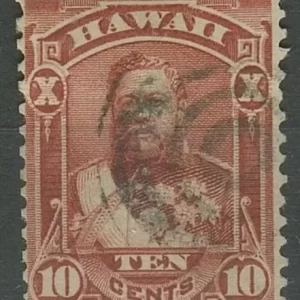USA Stamp year 1867 / 2c – Unused stamp / Grill – CV 200$
Andrew Jackson (1767–1845) was the seventh President of the United States, serving from 1829 to 1837. He was a controversial figure known for his strong personality, military exploits, and populist politics. Born in the Carolinas, Jackson grew up in the frontier regions of the United States. He gained fame as a military leader during the War of 1812, particularly for his victory at the Battle of New Orleans in 1815. Jackson entered politics in Tennessee and rose through the ranks, serving as a U.S. Senator, a justice on the Tennessee Supreme Court, and as a military governor of Florida. He was elected President in 1828, defeating incumbent John Quincy Adams. Jackson’s presidency was marked by a number of significant events and policies, including the Indian Removal Act, which led to the forced relocation of Native American tribes, most notably the Cherokee along the Trail of Tears. He also dismantled the Second Bank of the United States, which he viewed as a corrupt institution that favored the wealthy. Jackson’s presidency was also marked by the Nullification Crisis, a dispute with South Carolina over the state’s attempt to nullify federal tariffs. Jackson firmly opposed nullification and threatened to use military force to enforce federal law. Jackson’s legacy is complex. He is celebrated as a champion of the common man and for expanding suffrage to white male citizens, but he is also criticized for his treatment of Native Americans, his support for slavery, and his aggressive use of executive power. Jackson’s presidency is often associated with the rise of Jacksonian democracy, which emphasized the expansion of voting rights, increased political participation by the common people, and opposition to the power of elites.

